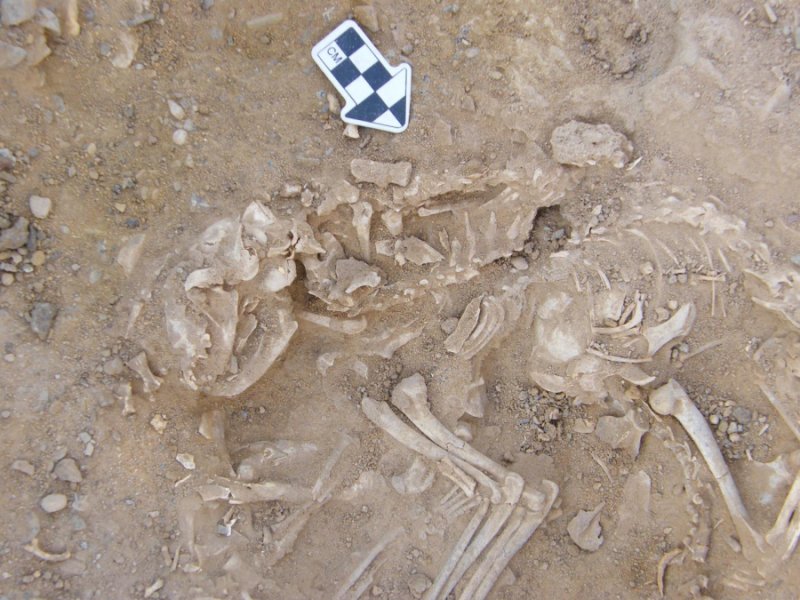By Diane NIKUZE NKUSI Genetically modified crops known as GMOs could increase agriculture production, address pests and diseases that attack crops and scientists have assured that they don’t pose threats to human health. GMOs are products of Agricultural biotechnology-an area of agricultural science involving the use of scientific tools and techniques, including genetic engineering, molecular markers, molecular diagnostics, vaccines, and tissue culture, to modify living organisms namely plants, animals, and microorganisms. Dr Athanase Nduwumuremyi, Coordinator of Roots and Tubers Program at Rwanda Agriculture and Animal Resources Development Board (RAB)…
SOMA INKURUCategory: Additional News
Former Italian honorary consul in Rwanda dies at 81
Former Italian honorary consul in Rwanda Pierantonio Costa passed away on Friday night in Germany. The 81-year-old served as Rwanda’s honorary consul between 1988 and 2003. Costa had initially moved to Congo to join his father before moving to Rwanda in 1965 where he later served as the honorary consul. During the 1994 Genocide against the Tutsi, the late Costa was credited for saving lives by sneaking survivors into nearby Burundi. Using his diplomatic privileges, Costa is said to have made multiple trips between Rwanda and Burundi rescuing survivors including…
SOMA INKURUTropical Storm Bret threatens heavy rain in Venezuela
A rare southerly storm is making its way across Trinidad and Tobago and onto South America.Tropical Storm Bret, the second named storm of the 2017 hurricane season, has started to show signs of development off the coast of Guyana in South America earlier this week.June storms normally tend to develop further north, usually off the Yucatan Peninsula in the Gulf of Mexico or off the southeast US coast.This portion of the Atlantic Basin is an unusual place for storms to develop this (…) A rare southerly storm is making its way…
SOMA INKURUAncient DNA reveals role of Near East and Egypt in cat domestication
DNA found at archaeological sites reveals that the origins of our domestic cat are in the Near East and ancient Egypt. Cats were domesticated by the first farmers some 10,000 years ago. They later spread across Europe and other parts of the world via trade hub Egypt. The DNA analysis also revealed that most of these ancient cats had stripes: spotted cats were uncommon until the Middle Ages.Five subspecies of the wildcat Felis silvestris are known today. All skeletons look exactly alike (…) DNA found at archaeological sites reveals that the…
SOMA INKURU





